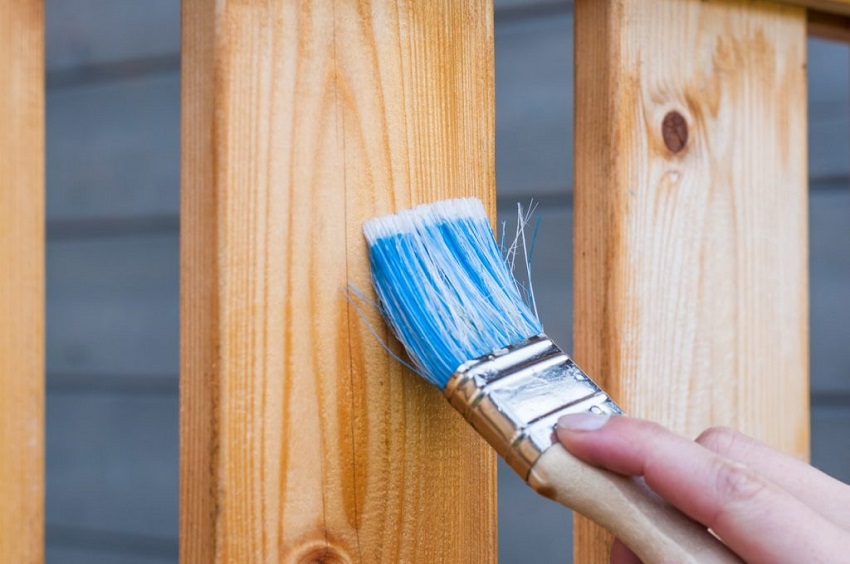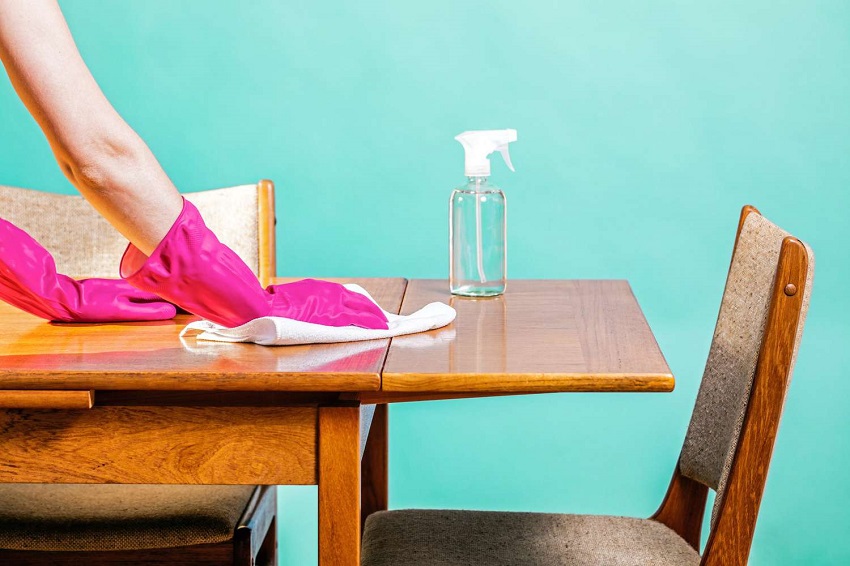Wood is a versatile and beautiful material that is commonly used in various applications, from furniture and flooring to outdoor structures. However, it is susceptible to damage from moisture, pests, and natural decay over time. To ensure the longevity and durability of wood, it’s essential to protect it naturally without relying on harmful chemicals. In this article, we will explore several methods and techniques that can help you safeguard wood naturally. The article is presented by https://www.hayzedmagazine.com/
Understanding the Properties of Wood
Before we delve into protective measures, it’s important to have a basic understanding of the properties of wood. Wood is an organic material composed of cellulose fibers held together by lignin. It has a porous structure, allowing it to absorb and release moisture. Different types of wood have varying degrees of natural resistance to decay and insects.
Seasoning and Drying
Properly seasoning and drying wood is crucial to enhance its resistance to decay. Green wood contains a high moisture content, making it susceptible to fungal growth and insect infestation. By allowing the wood to dry naturally or using a kiln, excess moisture is removed, making it more stable and less prone to damage. If you own wooden furniture, it’s important to discover how to take care of wooden furniture properly to extend its lifespan and maintain its beauty.
Applying Natural Oils and Waxes
Natural oils and waxes are excellent choices for protecting wood while maintaining its natural beauty. Linseed oil, tung oil, and walnut oil are popular options that penetrate the wood, providing moisture resistance and preventing it from drying out. Beeswax and carnauba wax can be used as a topcoat to add an extra layer of protection.
Utilizing Essential Oils
Certain essential oils possess natural properties that can help protect wood. Tea tree oil, cedarwood oil, and eucalyptus oil are known for their antifungal and insect-repelling qualities. By diluting these oils in water or a carrier oil, you can create a natural wood protectant that also leaves a pleasant aroma.
Vinegar and Citrus-Based Cleaners
For cleaning and protecting wood surfaces, vinegar and citrus-based cleaners are effective and non-toxic options. A mixture of vinegar and water can help remove dirt, grime, and mildew while preserving the wood’s natural shine. Citrus-based cleaners, such as those derived from orange or lemon, offer a fresh scent and can be used on finished wood surfaces.
Borates as a Natural Wood Preservative
Borates are naturally occurring minerals that can act as wood preservatives. They are effective against termites, wood-boring beetles, and decay fungi. Borates penetrate the wood fibers, providing long-lasting protection. They are typically applied as a water-based solution and can be used on both interior and exterior wood.
Avoiding Moisture Buildup
Preventing moisture buildup is crucial for protecting wood from rot and decay. Ensure proper ventilation in areas where wood is present, such as attics and basements. Use dehumidifiers in humid environments and fix any leaks or sources of water that could come into contact with the wood.
Regular Maintenance and Inspection
Regular maintenance and inspection are essential to catch any signs of damage or decay early on. Keep an eye out for cracks, splinters, or discoloration on the wood surface. Promptly address any issues by applying appropriate natural wood protectants or seeking professional assistance if needed.
Choosing Naturally Resistant Wood Species
When selecting wood for specific projects, opt for naturally resistant wood species. Woods such as cedar, redwood, cypress, and teak have inherent properties that make them more resistant to decay and insect attacks. By choosing the right type of wood, you can minimize the need for additional protection.
Environmental Considerations
Protecting wood naturally not only benefits the wood itself but also the environment. By avoiding the use of harmful chemicals, you contribute to a healthier ecosystem. Additionally, natural wood protection methods are often more sustainable and biodegradable, reducing the overall environmental impact.
Conclusion
Wood is a precious resource that requires proper care and protection to ensure its longevity. By utilizing natural methods such as seasoning and drying, applying oils and waxes, utilizing essential oils, using vinegar and citrus-based cleaners, considering borates as wood preservatives, avoiding moisture buildup, performing regular maintenance, choosing naturally resistant wood species, and being mindful of environmental considerations, you can effectively protect wood without resorting to harmful chemicals. Embracing these natural approaches will not only safeguard your wood but also contribute to a sustainable and eco-friendly lifestyle.
FAQs
- Is it necessary to protect wood from natural decay and pests?
Yes, protecting wood from natural decay and pests is essential to maintain its integrity and prolong its lifespan.
- Are natural wood protectants as effective as chemical treatments?
While natural wood protectants may require more frequent applications, they can be equally effective in preserving and safeguarding wood.
- Can I use these natural methods for both indoor and outdoor wood?
Yes, the natural protection methods mentioned in this article can be applied to both indoor and outdoor wood surfaces.
- Are there any precautions to keep in mind when using essential oils?
Some essential oils may cause skin irritation or allergic reactions in certain individuals, so it’s advisable to perform a patch test before using them extensively.
- Where can I find more information on sustainable wood protection methods?
For more information on sustainable wood protection methods, you can refer to environmental organizations, woodworking associations, or consult with professionals in the field.







